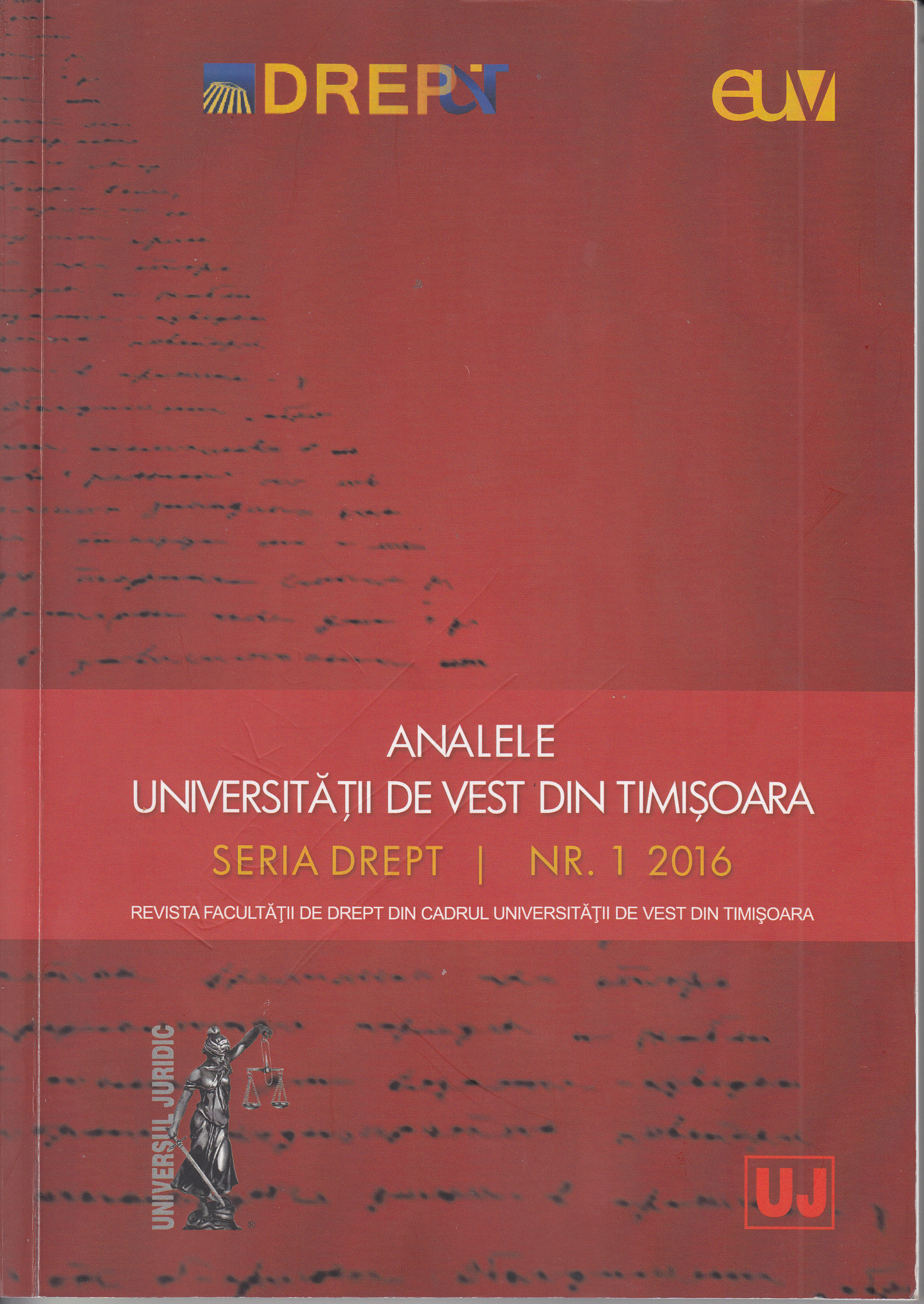Pregătirea unei infracțiuni. Consecințe în plan procesual penal
Preparing for a crime. Consequences in criminal proceedings
Author(s): Flaviu CiopecSubject(s): Law, Constitution, Jurisprudence
Published by: Universul Juridic
Keywords: anticipatory offences; stages of offence; proactive investigation; reactive investigation; protection of fundamental rights; principle of legality
Summary/Abstract: The present study proposes an analysis of a specific legal term provided by criminal procedural legislation, which has a great potential to challenge the dogmatic approach of legal scholars. Anticipatory offences cannot be acknowledged by the criminal law except in very restricted cases. However, procedural law allows anticipatory offences to be used as a legal base for special investigative methods and techniques with the aim of supplying evidence. An extensive interpretation of the meaning of anticipatory offences may, due to the inherent invasive nature of the methods and techniques able to be applied, infringe the protection of fundamental rights in a serious manner. The reasons of national security are responsible for introducing anticipatory offences as an instrument for the proactive investigation of crimes in that matter. The aim of the study is to mark the differences and limits between the proactive and reactive investigation in order to preserve the protection of fundamental rights status. The debate is important in the current context of global society governed by acute security risks.
Journal: Analele Universității de Vest din Timișoara - Seria Drept
- Issue Year: 2016
- Issue No: 1
- Page Range: 73-88
- Page Count: 11
- Language: Romanian

